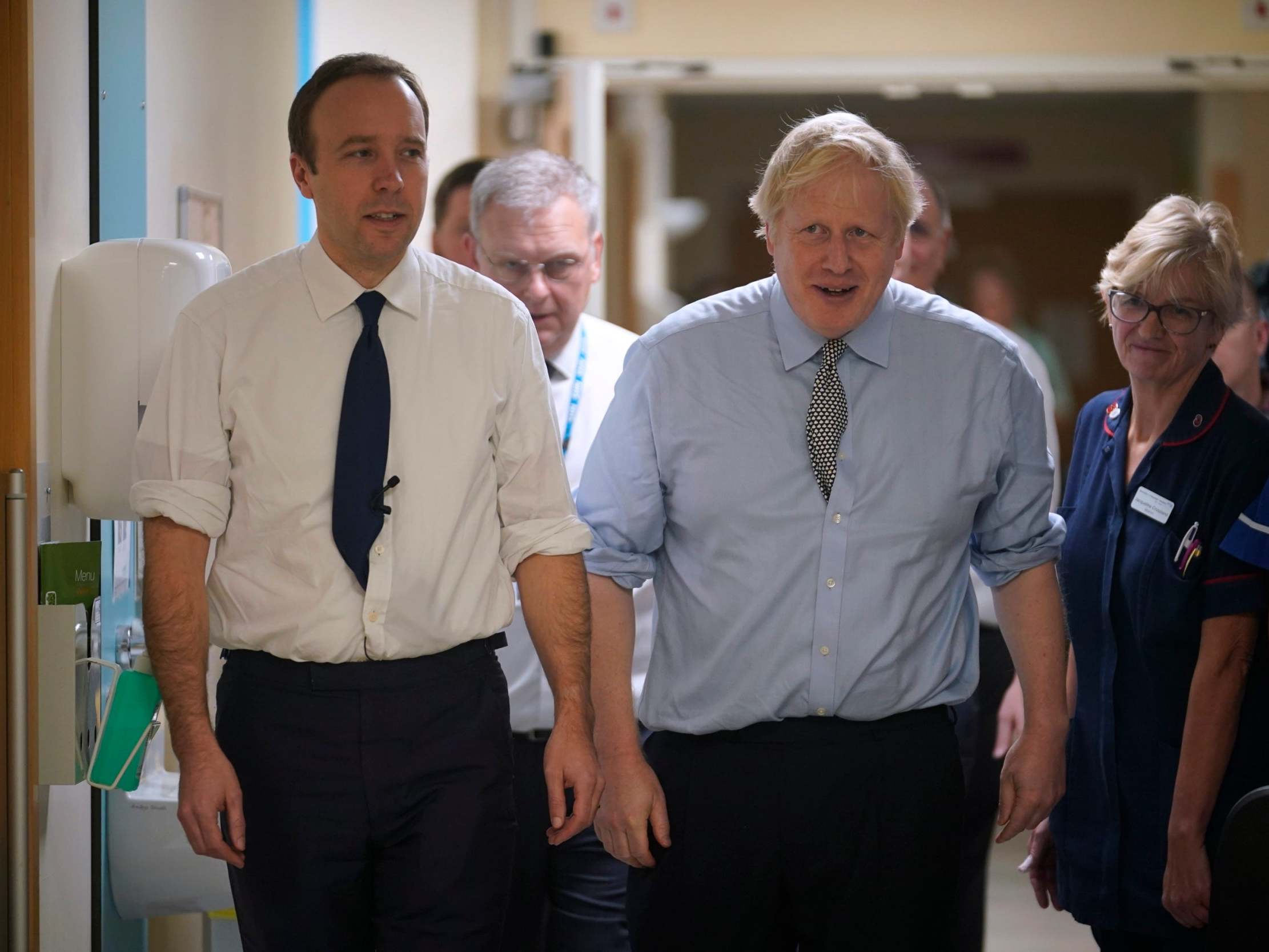What must the government provide for the NHS to survive Brexit? Money it’s never been willing to give
The US pharmaceutical industry is one of the most costly to healthcare in the world. Relying on it is not an option – but state funding is, says Alexis Paton


It once said on the side of a bus that leaving the European Union would save the NHS millions of pounds. Today, that bus has a lot to answer for, because Brexit is going to cost the NHS a lot of money. Not just the loss of millions of euros of funding for biomedical research, or even the money that flowed back from the EU to the NHS in roundabout ways.
Two key components of the NHS are threatened by Brexit: the regulation of pharmaceuticals in the UK, and EU staff. This government has promised little on how they will take concrete measures to ensure that these two vital aspects of healthcare are safeguarded once we’re out.
Previously, the UK sat at the heart of European pharmaceutical regulation, with the European Medicines Agency (EMA) housed in London. On 31 January, we ceased to be in the EMA, and any medicines we develop will likely need to go through multiple approval processes in order to be used across Europe.
This will be a costly endeavour. If the Medicines and Healthcare products Regulatory Agency (MHRA) does not align with EMA policies as soon as possible, not only will we be required to approve drugs using the MHRA, but those same drugs will need to go through additional approval processes with the EMA before reaching the market and patients.
Every barrier that a drug faces to get approval for use adds pounds to the overall cost of the drug itself. By stepping back from this centralised system of drug regulation, we have effectively raised the cost of British-made pharmaceuticals abroad. To safeguard against further price hikes, which the NHS can ill afford, the government must negotiate a close relationship with the EU and the EMA now, and ideally align the UK’s regulatory policies with those of the EMA.
To date, the government has not made a firm commitment to this alignment. Those touting the idea of a US deal should think twice about ignoring our European ties: the US pharmaceutical industry is one of the most costly to healthcare in the world. Put bluntly, the NHS cannot afford a relationship with America, now or ever.
The NHS is also going to need a lot of money to pay locums to cover roles that previously could be permanently filled by an EU workforce. It is not just doctors and nurses that Britain relies on but thousands of EU citizens who clean, cook and act as porters in hospitals up and down the country.
This essential workforce has an uncertain future. Our government can act to alleviate this issue immediately by laying out the exact process by which current EU NHS staff can obtain settled status. For new staff, we need clear answers and pathways on how qualified staff coming from the EU will be able to obtain so-called “NHS visas”. Who will be able to get them? How much will they cost? And who will bear that cost? The individual, or the employer, ie the NHS? What kind of roles will be fast-tracked after Brexit?
In the meantime, locums in their hundreds, if not thousands, will be needed to cover the shortfall, while the NHS figures out how to staff its already dangerously understaffed hospitals, clinics and GP surgeries.
The NHS needs money. It required more of it before the referendum and that has increasingly been the case since the fateful day in 2016. After Brexit, we stand a very real risk of losing this much-needed and loved institution. The best thing that the government can do to make Brexit work for the NHS is to provide funding, huge amounts of it, to help ensure that the NHS comes out of the transition period – and beyond – unscathed.
Dr Alexis Paton is a lecturer in social science applied to health at the University of Leicester and chair of the Committee on Ethical Issues in Medicine at the Royal College of Physicians
Join our commenting forum
Join thought-provoking conversations, follow other Independent readers and see their replies
Comments
Bookmark popover
Removed from bookmarks